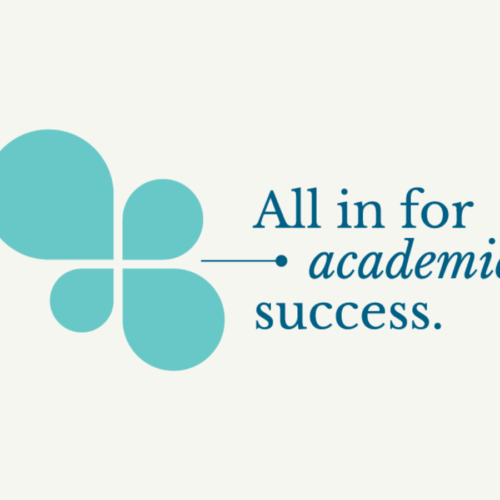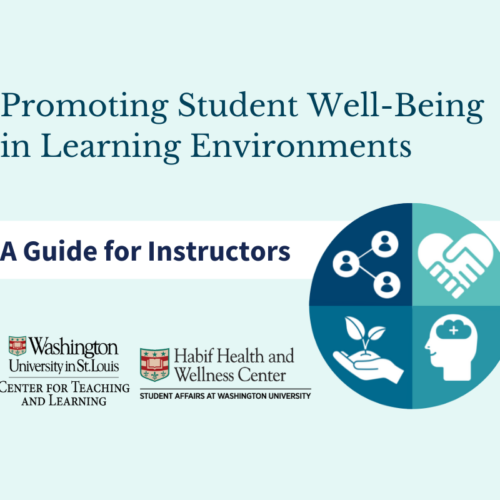How to Deal with Imposter Syndrome as a Supervisor
One of the most rewarding, and sometimes, challenging parts of a faculty member’s job is advising graduate students. But what happens when a faculty member suffers from imposter syndrome? Some faculty advisers have reported that they feel like an imposter when advising students on their thesis, and these feelings can be exacerbated by having other academics on the thesis committee, writes Jay Daniel Thompson, a lecturer in digital-media writing in the media and communications program at the University of Melbourne, in a recent article in The Chronicle of Higher Education.
In the article, Thompson gives tips to academics dealing with imposter syndrome. The advice includes acknowledging your strengths and limitations; learning from colleagues; accepting that your impostor syndrome might not go away; and doing what you can to continually educate yourself and grow in the field.
“As academics, we have a responsibility to train our dissertation advisees. We also have a responsibility to continue learning, whether this be learning new insights in our research fields or how to become a better thesis adviser,” writes Thompson in the story.






